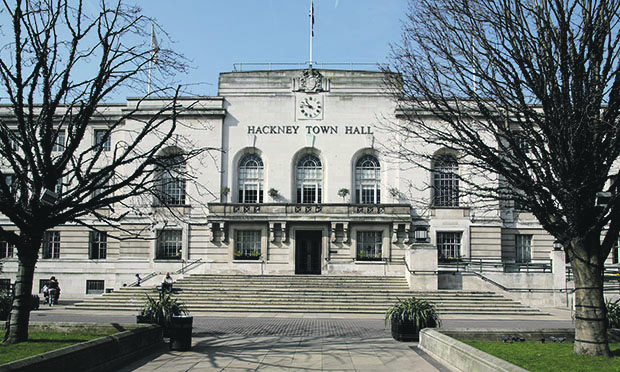Young Black Men project restructured for ‘community accountability’

An ambitious council programme trying to improve outcomes for young black men in the borough has seen a shake-up in its governance which makes it directly accountable to the community.
The Improving Outcomes for Young Black Men programme, now in its fifth year, was created to address the disproportionately worse outcomes young black men face compared to their peers, from their youth through to adulthood.
Following concerns that young black men’s voices were being “marginalised” within the programme itself, a new Community Accountability Board is to be formed, which will be made up of residents, community leaders and young people overseeing the work.
Deputy Mayor Cllr Anntoinette Bramble (Lab, London Fields) said: “Shifting a culture and a mindset is why we’re investing over such a long period of time.
“I’ve heard comments before about black boys coming from single-parent families; well, white boys also come from single-parent families, and they’re not disproportionately excluded from school.
“It’s how we tackle those uninformed ideologies and that’s why we’re committed to a 10-year programme. It’s a terrible thing to have to be doing, but actually it’s got to be done, and I’m really proud of the work.”
Officers were quizzed on the targets of the programme, which include securing outcomes for black boys and young black men that match the wider population by 2025.
These include an aspiration to have no gap in attainment or exclusions at school between young black men and the wider population, the offending rate to be the same as the community overall, and fewer men presenting in crisis for mental health support.
The programme is seeking “cultural changes” five years after that, aspiring to greater trust in the state amongst the cohort on which it is focused, as well as changes in portrayals in the media.
The programme also has a number of local aims, including successful black men having a higher profile in Hackney, more black men working in prominent positions in the council, and a greater understanding among public sector workers of what it means to be young, male and black in the borough.
The council’s programme has set up an “initial dialogue” with young black men and their families over the past five years, begun a conversation within the Town Hall about race and ethnicity, and delivered mindfulness and Know Your Rights sessions in youth clubs across the borough.
Priorities for the work are education, mental health, reducing harm, culture and identity, and employment and enterprise, with a “committed group” of young men and women now split into three distinct roles: Organisers focusing on youth training and research; Ambassadors advocating to senior institutional leadership; and Messengers providing a link with community members.
Sixteen schools across the borough are now actively involved in the programme, with Hackney Learning Trust developing an education strategy for young black men and delivering training and conferences on understanding cultural contexts and tackling unconscious bias.
Sessions are being held at the CLR James archive on the history of local black activism, with one youth leader mentoring a young person at Gainsborough Primary School who had been excluded, but who was “able to re-engage” following the work.
Following a failed Lottery bid, the programme is now seeking external funding to ensure a “community-led” approach.
The bid was judged to be “focused too much on Hackney Council” and not around the community and youth leadership involvement.
The programme has also identified a number of “risks” and “blockages” to its own success, with the largest risk being “an inability to convert discussions into actions”.
A report on the programme, written by graduate trainee Solomon Rose, said: “There is a recognition that we want to see immediate change. However we also acknowledge that we reconcile this with an understanding that we want to see sustained and sustainable change.
“This programme is seeking to tackle challenges which are systemic and
decades-in-the-making. Changes that require long-lasting solutions will also require systemic cultural change within and across organisations.
“They require authentic buy-in and, at the very least, need to create a consistent platform for members of the community and residents to influence the work.
“This work means managing expectations regarding what can be achieved within a 10 to 15-year period and being specific about how this change will be made.”
The programme will now seek to address a number of factors identified as standing in the way of its success, including “disillusionment and cynicism from community members about the likelihood of seeing real change [and] significant discomfort talking about race and racism.”
Between 2012 and 2017, between seven and eight per cent of children were excluded from secondary school, but for black-Caribbean or black-African boys this ranged from 13 to 19 per cent, according to council figures.
Black people are also overrepresented in patients detained in mental health settings, with the black population of Hackney representing 42 per cent of all detentions but 23 per cent of the borough’s residents.
Cllr Bramble added: “I think as no other local authority has taken this approach, we absolutely have to be this aspirational and meet those targets.
“Fifteen years ago, in education we’ve gone from being the worst in the country, and now we have some of the best educators in the country.
“We have some of the same aspirations around young black men. The statistics have been too negative for far too long.”
